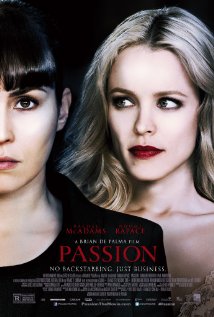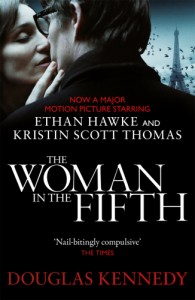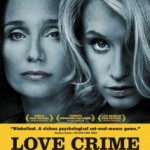 Neo-noir master Brian De Palma’s latest film, “Passion,” starring Rachel McAdams and Noomi Rapace, was released today. It’s a reworking of a French film called “Love Crime,” which I reviewed last summer and thought was rather good. (“Love Crime” was directed by Alain Corneau and starred Kristin Scott Thomas and Ludivine Sagnier).
Neo-noir master Brian De Palma’s latest film, “Passion,” starring Rachel McAdams and Noomi Rapace, was released today. It’s a reworking of a French film called “Love Crime,” which I reviewed last summer and thought was rather good. (“Love Crime” was directed by Alain Corneau and starred Kristin Scott Thomas and Ludivine Sagnier).
I haven’t seen “Passion” and am wondering if it behooves me to see it, having not been contacted re: screenings arranged by the film’s publicity team. It’s bloody hot out, it’s a holiday weekend and I do have to live up to my nickname, Lazy Legs.
The NYT’s A. O. Scott said the film was “often sleek and enjoyable, dispensing titillation, suspense and a few laughs without taking itself too seriously.”
Justin Chang of Variety puts it this way: “By the time it reaches its overwrought final act, the picture has generated neither the tension of its forebears nor the audacity that would allow it to transcend its silliness.”
And the New York Daily News’ Joe Neumaier pretty much hated it. “With no heat at all and a woefully disjointed cast, De Palma’s danse macabre never catches fire,” Neumaier writes.
Anyone out there seen it? Let me know what you think. I’m going to ponder, while sipping a cool & refreshing cocktail, whether I can get fired up over “Passion.”














From FNB readers